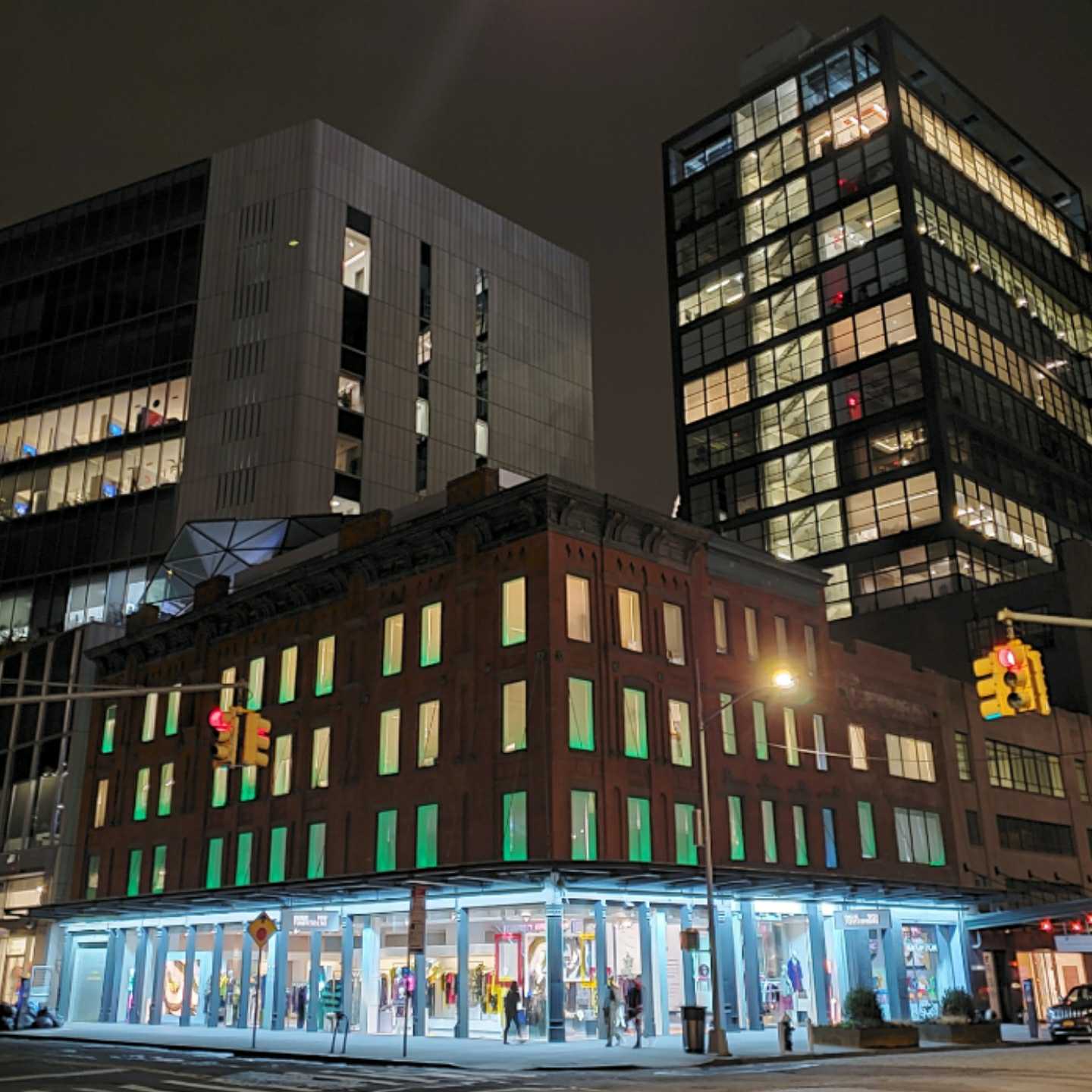The Southern Christian Leadership Conference Is Inviting the Presidential Candidates to Participate in the 50-mile March from Selma to Montgomery
Issues Impacting African Americans Deserve More Focus Than Appearing Briefly for Photo Opportunities, SCLC President and CEO Dr. Charles Steele, Jr. Says
With Super Tuesday just a few days away, and capturing the black vote in the 015 jurisdictions crucial to winning the coveted seat, the Southern Christian Leadership Conference (SCLC) is extending an invitation for the Democratic presidential candidates to participate in the historic 50-mile march from Selma to Montgomery.
The reenactment of the march, which was originally led by Dr. Martin Luther King, Jr., one of the SCLC’s co-founders and its first president, begins at 8am on Monday at the foot of the Edmund Pettus Bridge in Selma and concludes on Friday on the steps of the Alabama state capitol in Montgomery.
Monday’s march follows the 55th anniversary of “Bloody Sunday,” which occurred on March 7, 1965 when more than 500 demonstrators, participating in a right to vote march, were met with violence by state troopers and others after they crossed the bridge. The bridge crossing is commemorated every year, but every five years the SCLC organizes the long walk from the bridge to Montgomery. At the end of the march, civil rights leaders, politicians and other influencers give speeches about freedom and equality and other important public policy issues.
“We are extending this invitation for the presidential candidates to join us on Monday morning, because this historical event is about more than a photo opportunity on Sunday,” Dr. Steele said.“ The real education begins on Monday when we discuss during march to Montgomery the concerns about poor people, the voiceless and those who are still trying to reach the mountaintop.”
Dr. Steele, fresh off of a presidential candidates and public policy forum in Columbia, S.C., said there are several key issues that the organization wants the presidential candidates to address, including the restoration of the Voting Right Act, jobs, healthcare, education, economic development in black communities, funding for historically black colleges and universities and reparations, which will provide compensation to the descendants of slaves whose forced free labor helped to develop the United States as the world’s leading economy.
“We as African Americans have never been free in this country,” Dr. Steele said. “Everyone has had access to capital. Everybody has been accepted in society, but we as ex slaves and African Americans have never been given a hand up. It is always a hand down.”
Dr. Steele said the march is a teachable moment for those who believe the masses of African Americans are in a much better place economically following the eight-year reign of President Barack Obama, the nation’s first black president, and as they witness the successes of a few blacks such as Oprah Winfrey, Michael Jordan and Jay-Z. The reality, Dr. Steele said, is that some blacks are in a worse place economically than blacks were in 1965 and even during the Jim Crow era.
“During the housing collapse, we lost 60 percent of black wealth,” Dr. Steele said. “The wealth creation was in our homes. We once had dozens of black banks, but now we only have 17. In five years, some experts predict we will not have any. In the next 20 to 30 years, it is predicted that black wealth will be eradicated. There is a conspiracy of keeping capital away from black folks. They talk about the stock market. Well, our people don’t have jobs so what do they care about the stock market?”
While the SCLC does not endorse candidates, Dr. Steele said some candidates are identifying with the SCLC’s mission and goals. When candidates talk about restoring the Voting Rights Act to its original intent, and when one speaks about reparations, jobs, and funding for HCBUs, then that opens the door for all candidates to address those issues.
“When we hear them talk about these issues, they give us hope,” Dr. Steele says. “If they address those issues, they will lift up poor people, and if they lift poor people, remove racism and provide black people with access to capital, then we are getting closer to realizing the dream.”






